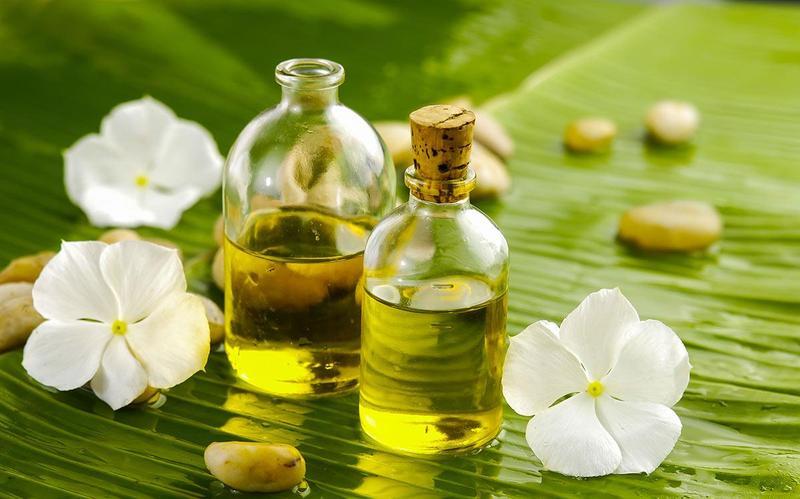The theory behind aromatherapy
The theory behind aromatherapy
Aromatherapy is a type of alternative medicine that uses essential oils and other aromatic plant compounds which are aimed at improving a person’s health or mood. Many consider this type of treatment as unscientific and wishful thinking - however, scientific evidence of its effectiveness is growing. This study acknowledged that aromatherapy makes you feel good although there was no evidence that it makes you well. The essential oils used in aromatherapy have a different composition compared to other herbal products because the distillation used in aromatherapy recovers the lighter phytomolecules.
Aromatherapy is a widely used term for a range of traditional therapies that use essential oils. These may include massaging oils, or any topical application that uses pure, essential oils - the essential oils are either absorbed through the skin or inhaled. We are not completely sure what the source of the benefit is - the massage, the smell or both.
The theory behind aromatherapy
It is believed that the inhalation of essential oils stimulates the part of the brain connected to smell - the olfactory system; a signal is sent to the limbic system of the brain that controls emotions and retrieves learned memories. This causes chemicals to be released which make the person feel relaxed, calm, or even stimulated. If the aromatherapy includes massage the effect is to further relax the person.
The essential oils are said to have a direct pharmacological effect. Aromatherapists claim there is a synergy between the body and aromatic oils; however there is no scientific proof that this is the case. Nevertheless, some preliminary clinical studies have revealed positive results.
Essential oils, phytoncides and other natural volatile organic compounds (VOCs) work differently. When targeting our sense of smell they activate the limbic system and emotional centers of the brain. When applied topically (onto the skin) they activate thermal receptors and destroy microbes and fungi. Internal application may stimulate the immune system (generally in prescribed form).
Aromatherapy in some countries
In France, and much of Western Europe aromatherapy is incorporated into mainstream medicine as an antiseptic, antiviral, antifungal and antibacterial, much more so than in the UK, USA or Canada. In fact, there are some essential oils that are regulated as prescription drugs in France, and can only be administered (or prescribed) by a doctor.
French physicians use the aromatogram to help them determine which essential oil to use. The doctor will first culture a sample of infected tissue or secretion, and then grow the culture in petri dishes which are supplied with agar; each petri dish is inoculated with a different essential oil to decide which have the best activity against the targeted strain of microorganism. The best activity is the one that inhibits growth of the target microorganism.
by Christian Nordqvist For Medical News Today
Aromatherapy utilizes essential oils to enhance health and What Beats Rock mood, though its scientific backing is debated. While it may promote well-being, evidence of actual healing remains inconclusive, highlighting the need for further research.
The theory is really interesting, and really one of the benefits of oils is their aroma. I used to think that it's all about me, it's always easy for me to cheer up with little things, but your article proved that this is one of the features of aromatic oils.
